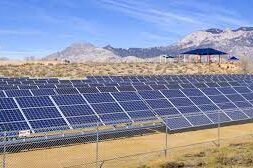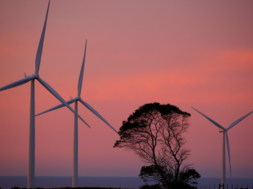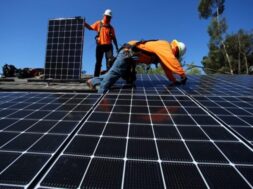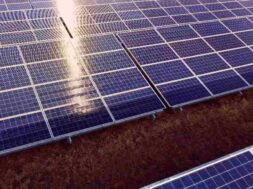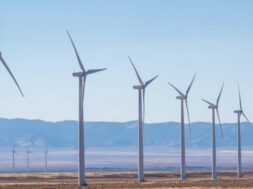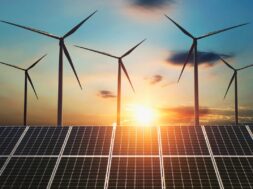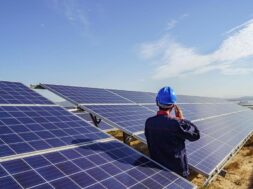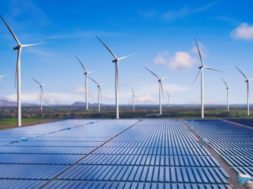
The 10MW Tataouine solar PV plant was successfully connected to the national grid of Tunisia this week.
Multi-national energy company Eni announced the beginning of energy production at the southern Tunisian solar plant this week.
The solar PV plant has an installed capacity of 10 MW. It will supply just more than 20GWh of power per year to the national grid. This will ensure savings of around 211,000 tons of CO2 equivalent over its lifetime. The electricity produced will be supplied to STEG (Société Tunisienne de l’Electricité et du Gaz) through a 20-year Power Purchase Agreement.
The plant was built by Société Énergie Renouvelables Eni Etap (SEREE). This is a joint venture between Eni and ETAP (Entreprise Tunisienne d’Activités Pétrolières) operating in the production of power from renewable energy sources.
In Tunisia, Eni also operates the ADAM photovoltaic field. That plant has a peak capacity of 5MW. It supplies electricity to the adjacent ADAM field in the Governorate of Tataouine. This allows for gas savings as well as emissions reductions of over 6,500 tons of CO2 equivalent per year. The plant is a hybrid generation system.
Where does solar PV fit into Tunisia energy plan?
The North African country published its first roadmap for an energy transition with its Tunisian Solar Plan in 2009. That plan called for the scaling up of the country’s renewable energy capacity. It resolved to source 30% of its electricity from renewable energy sources by 2030.
In 2019, renewables accounted for 3% of the country’s power generation.
However, Tunisia’s Natural Resource Governance Institute noted concern in a 2020 report that this target was no longer achievable. It cited the effects of COVID-19 on renewable projects as the biggest problem. The IEA in its Africa Energy Outlook 2022 listed Tunisia as one of the African countries where the economic shock of the pandemic has been worsened by the global energy crisis created by Russia invading Ukraine. Mounting inequality is adding to civil conflict, social unrest and political instability in-country.
IRENA in 2021, working with Tunisian government officials produced a list of recommendations for actions that could help them get back on track. These included, amongst others, simplifying procurement procedures for power grid development, establishing an independent electric power authority and involving local banks in the development of renewable energy applications.
The IRENA report finds that Tunisia’s Energy Transition Fund requires new streams of capital to allow it to extend credit facilities to the energy industry. Capacity building among local banks will be critical to improve local investment conditions.
